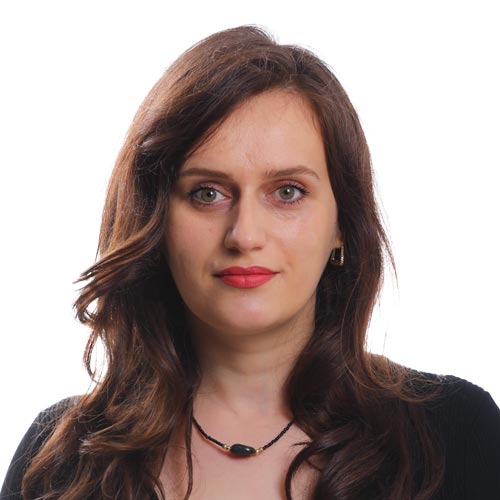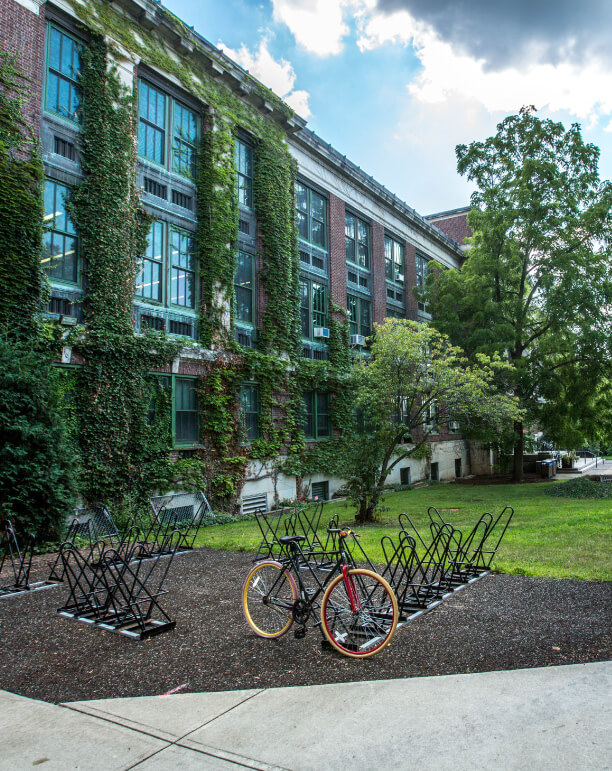Dean

Medain Hashani
Dean
Medain Hashani was born in Ferizaj. He studied in the Faculty of Economics, in the department of Banking, Finance and Accounting in the University of Prishtina. He pursued a Master’s degree in Accounting and Auditing at the Academy of Advanced University Studies (ASAU). He completed his doctoral studies in Accounting and Auditing in the University of St. Cyril and Methodius in the Faculty of Economics in Skopje..
In the professional and academic level, as well, he is certified for: the implementation of international accounting in Kosovo, training the Trainer, management of operations, human resource management, strategic management, project management, asset valuation, investment valuation, as well as the EU integration process and EU directives.
Mr. Hashani, having professional experience, since 2006 to 2009 he was a senior external auditor in the Auditing Companies: Audit, Tax FAS. Since 2009 to 2012 as financial director at the Palace of Youth, Culture and Sports in Prishtina and in 2012, since 2012 to 30.10.2020 director of the Ferizaj branch at AAB College, since May 2015 and onwards, Mr. Hashani is the Chairman of the Board in the insurance company PRISIG, since 2019 and onwards member of the Board in the non-banking financial institution BI CREDIT Sh.a and since 01.11.2020 and onwards Dean of the Faculty of Economics.
The academic experience of Mr. Hashani is sensational, as since 2006 to 2009, he was a lecturer in German Academy for Economy and data processing Kosovo, since 2006 to 2009, he was an assistant at the Faculty of Economics in the University of Prishtina and since 2011 and onwards, he lectured in BPRAL AAB College as a professor in the bachelor level and master level and since 2017 and onwards, he lectured in AAB Institute for accountants and certified auditors.
So far, he took part in several national and international conferences, mainly in the professional field, organized and held in institutions and universities of the most prestigious countries in Europe.
Mr. Hashani published several following scientific papers: “The importance of internal audit In increasing performance of Microfinance institutions:The case of the developing Country”, “The rule of thumb: Private consumption as a driving force of the economic growth of Western Balkan Countries”, “The impact of tax changes on the liquidity of construction companies in the developing market”, “Survival analysis of covid-19 incidence in Kosovo”, “Entrepreneurial intentions from an Islamic perspective: a study of Muslim entrepreneurs in Indonesia”, “ The role of human resources in increasing the investments of SMEs ” and “ Identification of need for employees in Small and Medium Enterprises in the Municipality of Ferizaj ”.
Lectures:
- Accounting (Bachelor level)
- Financial Accounting F3 (Bachelor level)
- Audit and Assurance F7 (Master level)
- Financial Management F8 (Master level)
- +383 38 600 005 ext 125
- [email protected]

- +383 38 600 005
- [email protected]

- +383 38 600 005
- [email protected]















